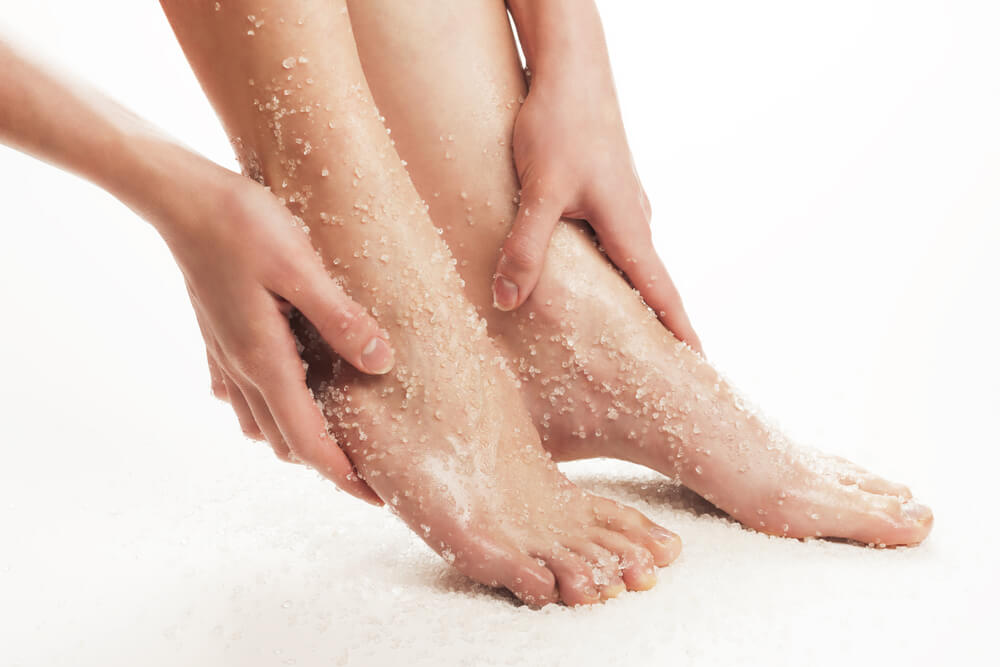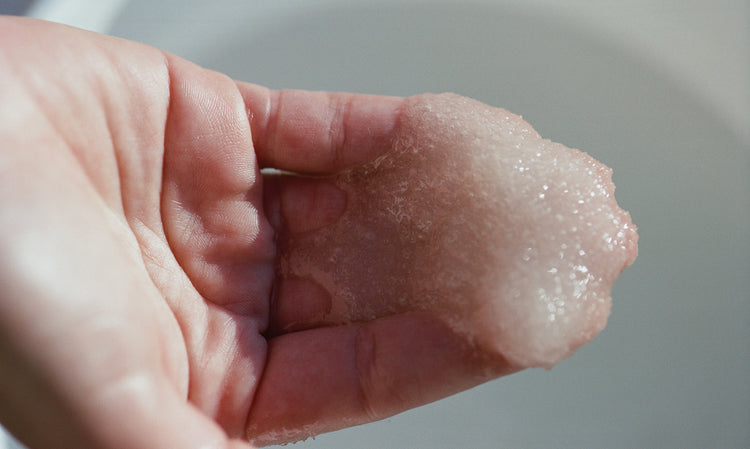Exfoliating Body Wash Myths Debunked: Essential Insights for Beauticians
As a beautician, grasping the nuances of skincare is vital for providing clients with the best possible guidance and treatments. One area rife with misconceptions is the use of exfoliating body washes. Popular for their promise of smooth, glowing skin, these products often come with a host of myths that can obscure their true value. In this article, we aim to clear the air and offer you important truths that can elevate your practice.

Myth 1: You Must Exfoliate Daily for Radiant Skin
A widespread belief is that daily exfoliation is essential for a radiant complexion. However, this is not entirely accurate. Over-exfoliation can cause skin irritation, dryness, and even damage your skin's natural barrier. The skin type and the formulation of the product are crucial in deciding how often a person should exfoliate. For example, sensitive skin types may require exfoliation less frequently than those with oily skin.
For more effective body scrub usage, check out this guide.
Myth 2: All Exfoliating Body Washes Offer the Same Benefits
Many believe that all exfoliating body washes provide identical advantages. In reality, they vary considerably regarding ingredients, texture, and the specific benefits they offer. Some formulations include gentle exfoliants like jojoba beads, while others might use more robust materials like pumice. For beauticians, understanding these variations is key to recommending the right products for clients based on their individual skin types and concerns.
Discover various advantages of body scrubs on Healthline.
Myth 3: Exfoliating Body Washes Are Only for Dry Skin
Another common myth is that exfoliating body washes are exclusive to dry skin types. While they effectively remove dead skin cells and enhance moisture absorption, they are also beneficial for other skin types. For instance, individuals with oily skin can gain from these washes as they help unclog pores and decrease oil accumulation. It's crucial for beauticians to understand that exfoliation can benefit all skin types when the appropriate product is selected.
Myth 4: Exfoliating Body Washes Replace Other Skincare Steps
Some people think that using an exfoliating body wash negates the need for other essential skincare steps. This notion is misleading. Exfoliation is an important component of a skincare routine, but it should work in harmony with practices such as moisturizing and sun protection. A well-rounded skincare regimen is necessary to keep the skin healthy, hydrated, and safeguarded from environmental stresses.
Learn more about how to use exfoliating body wash daily at KBL Cosmetics.
Understanding the Science of Exfoliation
Exfoliation is the process of removing dead skin cells from the surface of the skin, promoting cell turnover and unveiling fresher, more youthful skin. Its a vital part of maintaining skin health, but it's important to approach it with knowledge and care. As a beautician, educating clients on the science behind exfoliation helps enhance their skincare experience and results.
For more insights, visit Clarins.
Conclusion: Equip Your Clients with Knowledge
By debunking these myths, beauticians can empower their clients with essential knowledge, ensuring they make the most of exfoliating body washes safely and effectively. A clear understanding of these products allows for personalized skincare recommendations, ultimately boosting client satisfaction and reinforcing their trust in your expertise.

Frequently Asked Questions
How often should I advise clients to use exfoliating body wash?
The ideal frequency depends on the clients skin type and the specific formulation of the product. Typically, 2-3 times per week works well for most skin types.
Can exfoliating body washes be used on sensitive skin?
Absolutely, but its crucial to select a product with gentle ingredients and to advise clients to observe how their skin reacts.
Do exfoliating body washes assist with acne?
Yes, these body washes can unclog pores and help reduce oil build-up, making them advantageous for acne-prone skin. However, they should be used alongside other acne treatments for the best results.
This article contains affiliate links. We may earn a commission at no extra cost to you.

